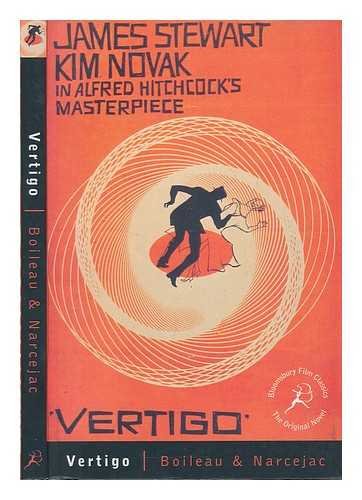
He persuades Flavières to follow his wife and report back what he sees…. Gévigne isn’t convinced that his wife is mentally ill, but he’s concerned that she’s become obsessed with a dead ancestor– a woman who committed suicide. I know this sounds absurd, but it was as though she was seeing things invisible to the rest of us… Then, when she came back to her normal self, she would have a slightly bewildered expression on her face, as though it took her a little time to recognize her surroundings, and even her own husband… Or she would stare at something–and I can’t tell you what a queer impression it made. She would suddenly relapse, into silence and hardly hear what was said to her. He claims she’s become “someone else”Īt first I too thought there was something at the back of her mind troubling her–some unreasoning fear provoked by the war, for instance. Flavières wonders if this can be explained by worry or illness, but Gévigne dismisses these arguments and insists that something strange is going on. There are also some unexplained absences and other times when Gévigne has discovered that she wanders to strange destinations–almost as though she’s in a trance. After four years of marriage, she’s become withdrawn. Gévigne’s air of bonhomie seems a little forced, but then he reveals that he’s worried about his wife, Madeleine. Flavières is extremely thin and he carries an air of anxiety following a tragic accident in which his partner on the police force was killed. He blames himself for the incident which was rooted in … vertigo. Gévigne has grown plump and bald, yet he’s clearly affluent whereas the last fifteen years haven’t been kind to Flavières.

The novel opens in the office of former detective, now lawyer, Roger Flavières, who is talking to Paul Gévigne, a man he knew fifteen years earlier “ at the Faculté de Droit.” Flavières didn’t like Gévigne then, and he likes him even less now. War is in the background–taking place somewhere else off stage, and curiously the novel’s action takes a parallel thread to the war. Vertigo (French title: D’Entre Les Morts) begins in 1940. This title is one of the first, appropriately, to be released in the new Pushkin Vertigo line, and this is exciting news for those of us who enjoy intelligent crime novels. Regular readers know that I’m fascinated by the film-book connection, so it was a matter of time before I read Vertigo, a novel written by Pierre Boileau and Thomas Narcejac. What feast of the dead had he come here to celebrate?”

“Everything was the colour of the past, the colour of memory.


 0 kommentar(er)
0 kommentar(er)
